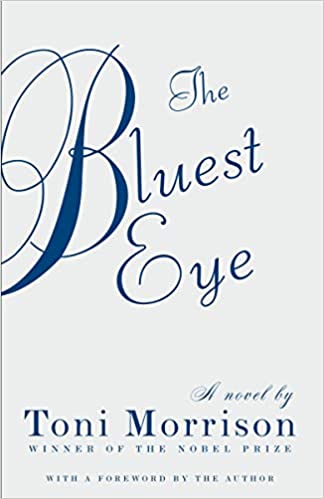Summary | Excerpt | Reading Guide | Reviews | Readalikes | Genres & Themes | Author Bio

Nuns go by as quiet as lust, and drunken men and sober eyes sing in the lobby of the Greek hotel. Rosemary Villanucci, our next-door friend who lives above her father's cafe, sits in a 1939 Buick eating bread and butter. She rolls down the window to tell my sister Frieda and me that we can't come in. We stare at her, wanting her bread, but more than that wanting to poke the arrogance out of her eyes and smash the pride of ownership that curls her chewing mouth. When she comes out of the car we will beat her up, make red marks on her white skin, and she will cry and ask us do we want her to pull her pants down. We will say no. We don't know what we should feel or do if she does, but whenever she asks us, we know she is offering us something precious and that our own pride must be asserted by refusing to accept.
School has started, and Frieda and I get new brown stockings and cod-liver oil. Grown-ups talk in tired, edgy voices about Zick's Coal Company and take us along in the evening to the railroad tracks where we fill burlap sacks with the tiny pieces of coal lying about. Later we walk home, glancing back to see the great carloads of slag being dumped, red hot and smoking, into the ravine that skirts the steel mill. The dying fire lights the sky with a dull orange glow. Frieda and I lag behind, staring at the patch of color surrounded by black. It is impossible not to feel a shiver when our feet leave the gravel path and sink into the dead grass in the field.
Our house is old, cold, and green. At night a kerosene lamp lights one large room. The others are braced in darkness, peopled by roaches and mice. Adults do not talk to us -- they give us directions. They issue orders without providing information. When we trip and fall down they glance at us; if we cut or bruise ourselves, they ask us are we crazy. When we catch colds, they shake their heads in disgust at our lack of consideration. How, they ask us, do you expect anybody to get anything done if you all are sick? We cannot answer them. Our illness is treated with contempt, foul Black Draught, and castor oil that blunts our minds.
When, on a day after a trip to collect coal, I cough once, loudly, through bronchial tubes already packed tight with phlegm, my mother frowns. "Great Jesus. Get on in that bed. How many times do I have to tell you to wear something on your head? You must be the biggest fool in this town. Frieda? Get some rags and stuff that window."
Frieda restuffs the window. I trudge off to bed, full of guilt and self-pity. I lie down in my underwear, the metal in the black garters hurts my legs, but I do not take them off, because it is too cold to lie stockingless. It takes a long time for my body to heat its place in the bed. Once I have generated a silhouette of warmth, I dare not move, for there is a cold place one-half inch in any direction. No one speaks to me or asks how I feel. In an hour or two my mother comes. Her hands are large and rough, and when she rubs the Vicks salve on my chest, I am rigid with pain. She takes two fingers' full of it at a time, and massages my chest until I am faint. Just when I think I will tip over into a scream, she scoops out a little of the salve on her forefinger and puts it in my mouth, telling me to swallow. A hot flannel is wrapped about my neck and chest. I am covered up with heavy quilts and ordered to sweat, which I do, promptly.
Later I throw up, and my mother says, "What did you puke on the bed clothes for? Don't you have sense enough to hold your head out the bed? Now, look what you did. You think I got time for nothing but washing up your puke?"
The puke swaddles down the pillow onto the sheet -- green-gray, with flecks of orange. It moves like the insides of an uncooked egg. Stubbornly clinging to its own mass, refusing to break up and be removed. How, I wonder, can it be so neat and nasty at the same time?
Copyright © 1970 by Toni Morrison. All rights reserved.




I always find it more difficult to say the things I mean than the things I don't.
Click Here to find out who said this, as well as discovering other famous literary quotes!
Your guide toexceptional books
BookBrowse seeks out and recommends the best in contemporary fiction and nonfiction—books that not only engage and entertain but also deepen our understanding of ourselves and the world around us.